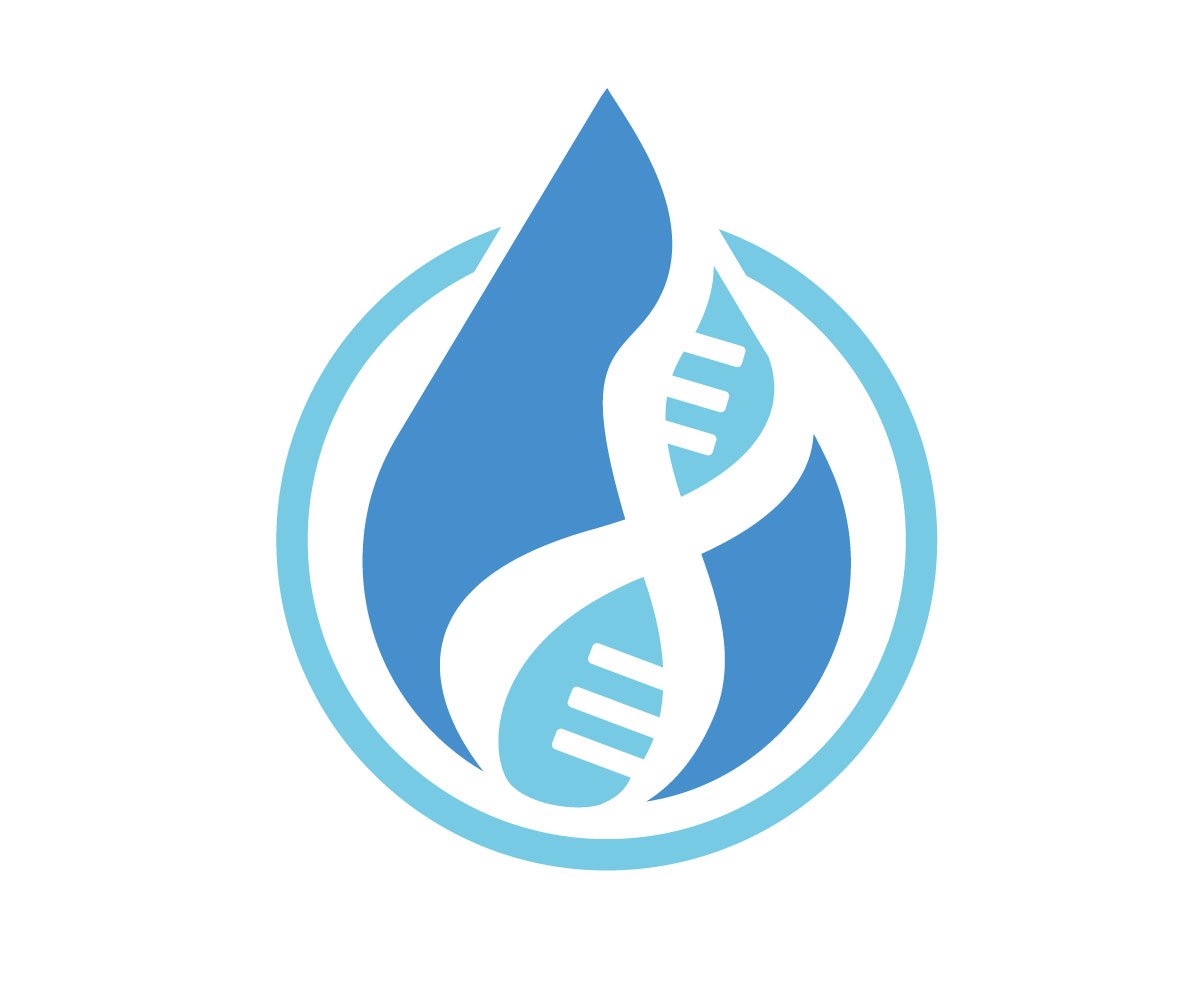NPE Awareness Day - June 27th
NPE has become the term for a person who has discovered one or both parents is not genetically related to them, popularized by the first wide-spread NPE support organization, NPE Friends Fellowship. Many people introduce themselves or describe themselves as “I am an NPE” — this serves to connect NPEs and can be a way to help non-NPEs understand how disruptive the late discovery of misattributed parentage can be to someone’s identity.
Sign up to read this post
Join Now

